Components of a FlexRIO System with Modular I/O
Overview
Contents
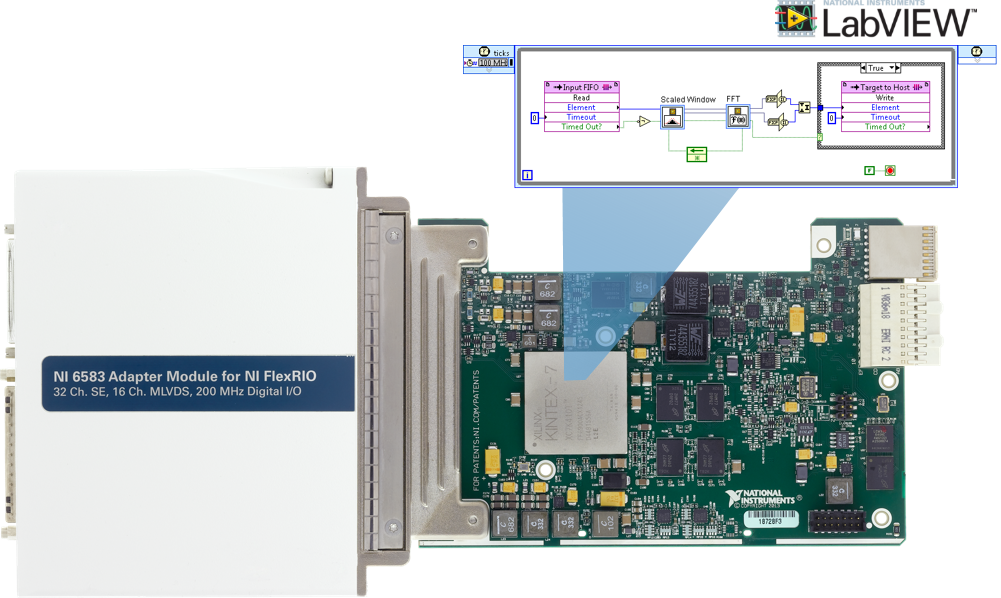
Figure 1: FlexRIO combines user-programmable FPGA modules with high-performance I/O.
FlexRIO FPGA Modules
FlexRIO FPGA modules feature Kintex-7 FPGA's in PXI, PXIe, and stand-alone form factors. Each FPGA module has dedicated interfaces for data streaming, I/O, DRAM, and advanced clocking and triggering. PXI Express FlexRIO FPGA Modules connect to the PXIe backplane with PCIe Gen 2 technology, delivering data rates up to 3.2 GB/s, while the stand-alone Controller for FlexRIO features high-speed serial technology for data streaming up to 2.5 GB/s.
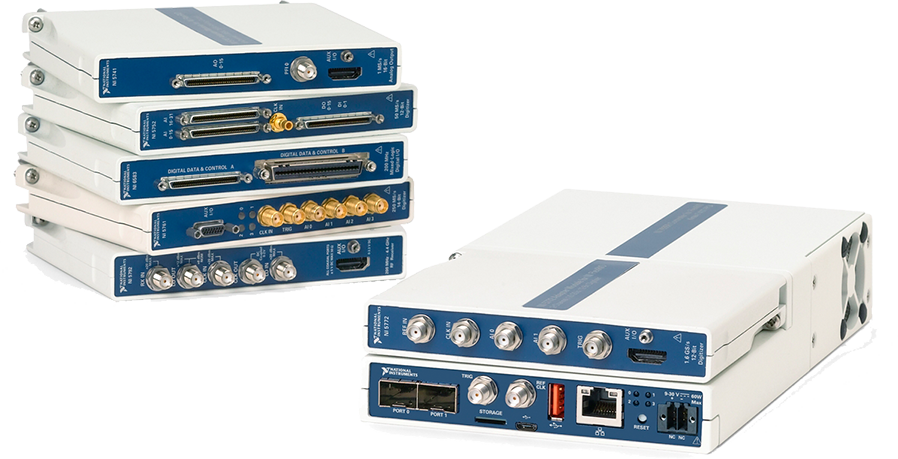
Figure 2: The stand-alone Controller for FlexRIO has both a Kintex-7 FPGA and dual-core ARM processor in a small form factor optimized for deployment.
The adapter module interface supports NI-built of custom adapter modules. It consists of 132 lines of general-purpose digital I/O directly connected to FPGA pins, in addition to the power, clocking, and supplementary circuitry necessary to define the interface. These 132 GPIO lines can be configured for single-ended operation at rates of up to 400 Mbit/s and differential operation at rates of up to 1 Gbit/s for a maximum I/O bandwidth of 66 Gbit/s (8.25 GB/s). All lines are routed with controlled-impedance, matched-length traces, and the differential pairs are routed together.
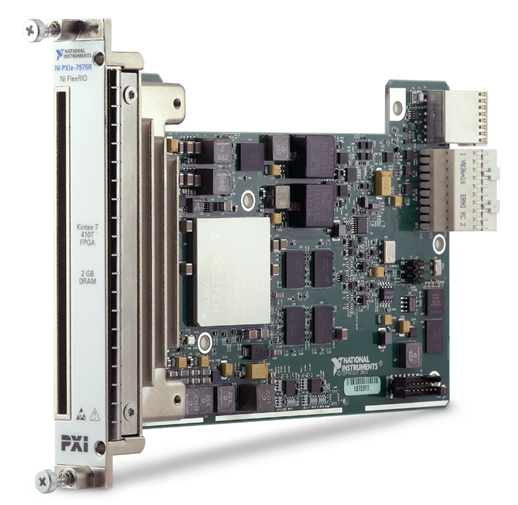
Figure 3: FlexRIO FPGA modules in PXI offer peer-to-peer data streaming technology.
FlexRIO FPGA modules are also capable of performing Peer-to-Peer (P2P) data streaming with other modules that support streaming such as the PXIe-5668R Vector Signal Analyzer. This allows for data streaming between modules at rates up to 3.2 GB/s, without routing data through the host chipset. P2P enables custom time and frequency domain triggering and real-time signal processing for instruments that would otherwise require a CPU for additional processing. Up to 16 P2P streams are supported, simplifying complex multi-FPGA communication schemes without taxing host CPU resources. For more information on this technology and a list of devices that support streaming, refer to the white paper titled An Introduction to Peer-to-Peer Data Streaming.
Table 1 shows the different bus, FPGA, and memory options for the FlexRIO FPGA modules.
| Model | Bus/Form Factor | FPGA | FPGA Slices | FPGA DSP Slices | FPGA Memory (Block RAM) | Onboard Memory (DRAM) |
| NI 7935R | Stand-alone | Kintex-7 K410T | 63,550 | 1,540 | 28,620 kbits | 2 GB |
| NI 7932R | Stand-alone | Kintex-7 K325T | 50,950 | 840 | 16,020 | 2 GB |
| NI 7931R | Stand-alone | Kintex-7 K325T | 50,950 | 840 | 16,020 | 2 GB |
| PXIe-7976R | PXI Express | Kintex-7 K410T | 63,550 | 1,540 | 28,620 kbits | 2 GB |
| PXIe-7975R | PXI Express | Kintex-7 K410T | 63,550 | 1,540 | 28,620 kbits | 2 GB |
| PXIe-7972R | PXI Express | Kintex-7 K325T | 50,950 | 840 | 16,020 kbits | 2 GB |
| PXIe-7971R | PXI Express | Kintex-7 K325T | 50,950 | 840 | 16,020 kbits | 0 GB |
| PXIe-7966R | PXI Express | Virtex-5 SX95T -2 | 14,720 | 640 | 8,784 kbits | 512 MB |
| PXIe-7965R | PXI Express | Virtex-5 SX95T | 14,720 | 640 | 8,784 kbits | 512 MB |
| PXIe-7962R | PXI Express | Virtex-5 SX50T | 8,160 | 288 | 4,752 kbits | 512 MB |
| PXIe-7961R | PXI Express | Virtex-5 SX50T | 8,160 | 288 | 4,752 kbits | 0 MB |
| PXI-7954R | PXI | Virtex-5 LX110 | 17,280 | 64 | 4,608 kbits | 128 MB |
| PXI-7953R | PXI | Virtex-5 LX85 | 12,960 | 48 | 3,456 kbits | 128 MB |
| PXI-7952R | PXI | Virtex-5 LX50 | 7,200 | 48 | 1,728 kbits | 128 MB |
| PXI-7951R | PXI | Virtex-5 LX30 | 4,800 | 32 | 1,152 kbits | 0 MB |
Table 1: FlexRIO FPGA Module Comparison
FlexRIO Adapter Modules
Adapter modules define the physical inputs and outputs of a FlexRIO system and interface with the FlexRIO FPGA Module through a card-edge connector. Adapter modules for a number of different applications are available from National Instruments, NI Alliance Partners, and third parties. If a custom adapter module is required, the FlexRIO Adapter Module Development Kit (MDK) provides an avenue for you to create your own.
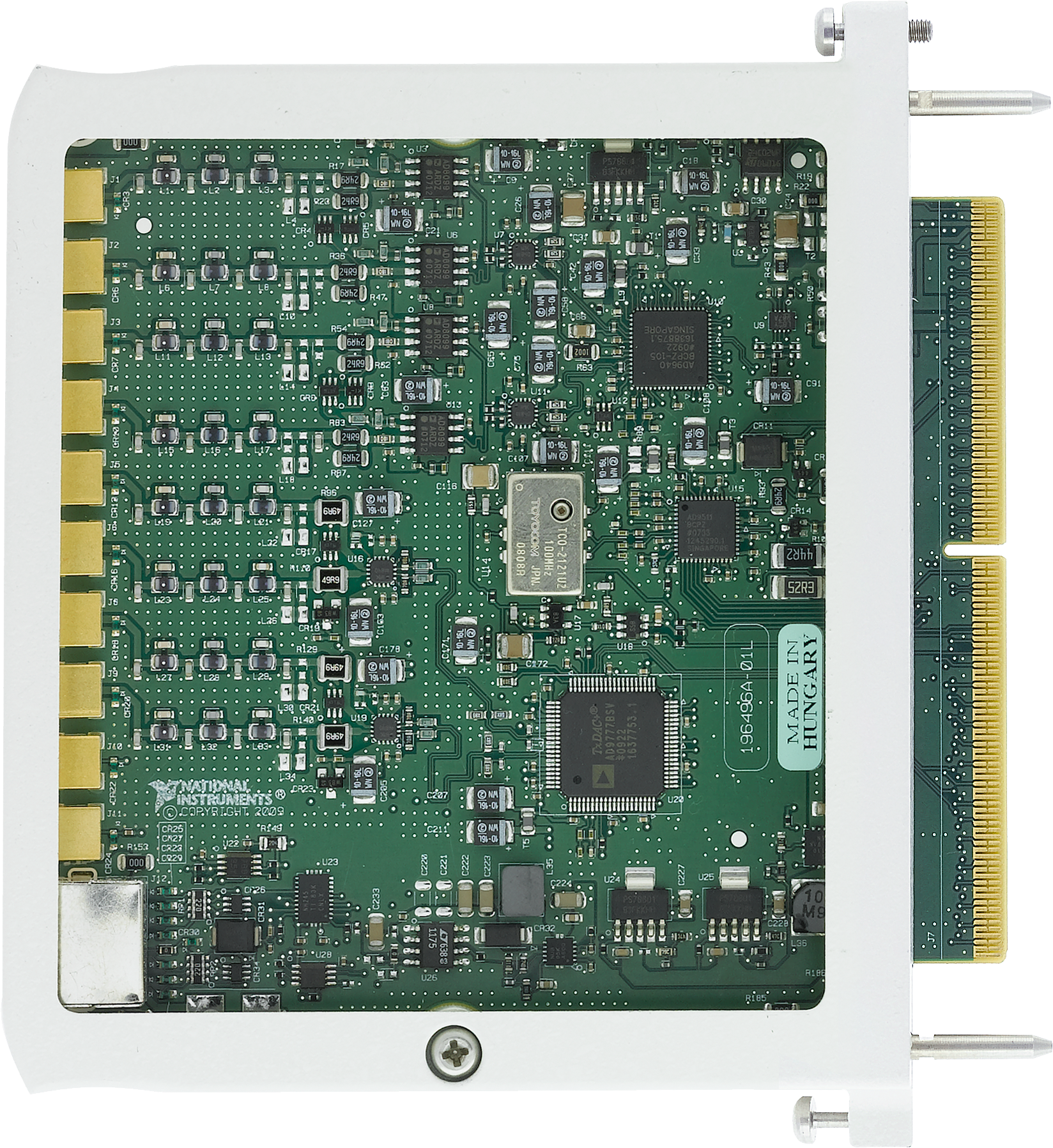
Figure 4: NI, National Instruments Alliance Partners, and third parties offer adapter modules that interface with FlexRIO FPGA modules.
FlexRIO Adapter Modules From National Instruments
FlexRIO adapter modules from National Instruments provide general-purpose I/O that you can use to customize your instrumentation without building custom hardware. They feature a simple FPGA-based programming interface that does not require HDL design knowledge, along with LabVIEW FPGA examples to get up and running quickly. View a full list of FlexRIO adapter modules.
Third-Party Adapter Modules for FlexRIO
Third-party adapter modules for FlexRIO extend the I/O offerings in the product family and allow LabVIEW FPGA to enter a wider variety of application areas. These modules are usually both custom and application-specific.
Custom FlexRIO Adapter Module Development
With the FlexRIO Adapter Module Development Kit (MDK), you can build your own FlexRIO adapter module that is tailored to your application. This process requires electrical, mechanical, analog, digital, firmware, and software design considerations. In addition to the interface described above, FlexRIO adapter modules are supplied with approximately 6 W of power, feature an onboard EEPROM for self-identification, and the I/O standards listed in Table 2 below. Learn more about the NI FlexRIO Adapter Module Development Kit, or explore when you should use it to create a custom instrument.
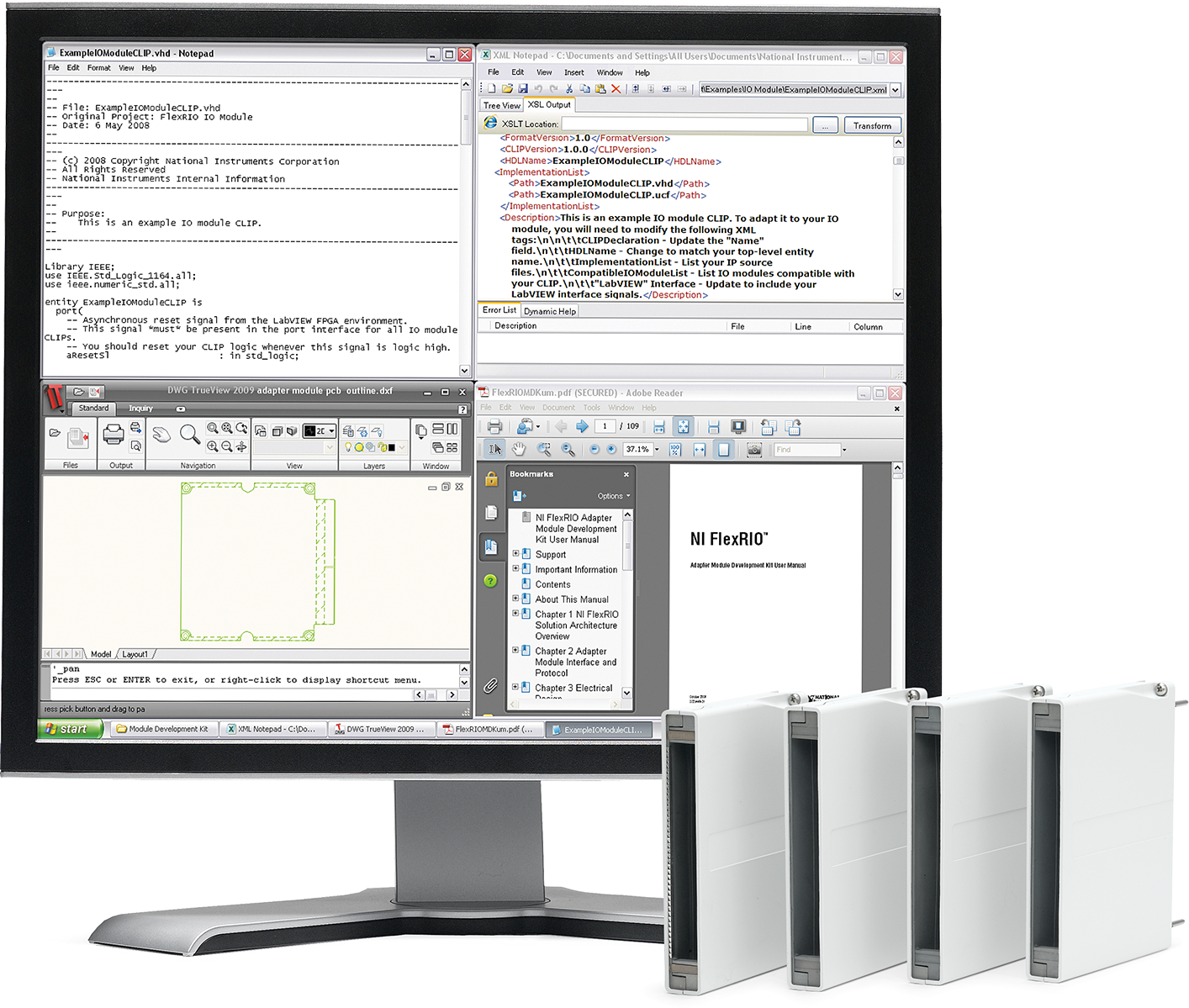
Figure 5: The FlexRIO Module Development Kit comes with CAD files, drawings, hardware and software documentation, enclosures, and a design review by FlexRIO R&D.
| 1.2 V | 1.5 V | 1.8 V | 2.5 V | 3.3 V | |
| LVTTL | — | — | — | — | ✓ |
| LVCMOS | ✓ | ✓ | ✓ | ✓ | ✓ |
| LVDS | — | — | — | ✓ | — |
Table 2: Supported I/O Standards on the FlexRIO Adapter Module Interface